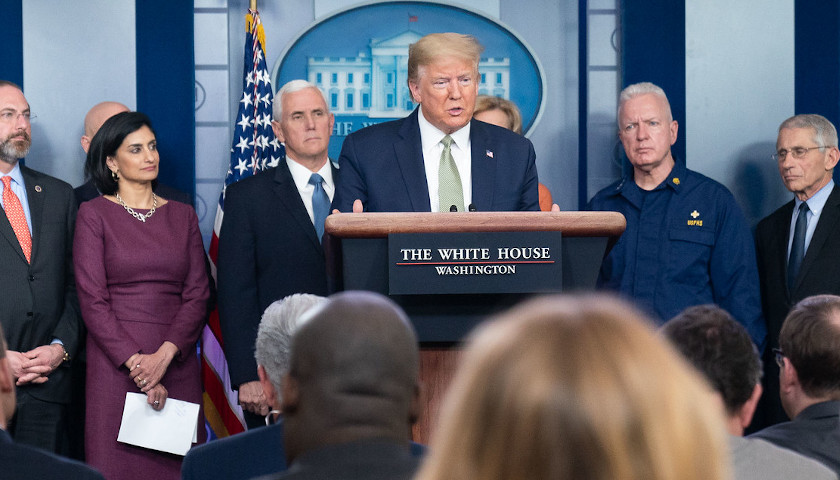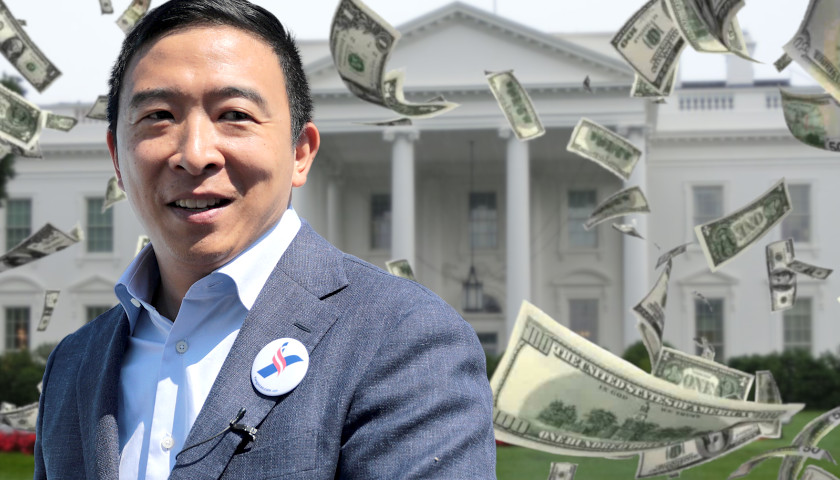Giving Americans $1,000 per month in taxpayer-funded guaranteed income makes them worse off, says a new three-year, 3000-participant study. The National Bureau of Economic Research’s massive study found recipients and their partners work and earn less, with the negative effect on wages and earnings getting worse over time.
While proponents of universal basic income theorized such programs would improve non-economic metrics for recipients, the study surprisingly showed leisure time only increased as recipients spent less time on sleeping, child care, community engagement, caring for others, and self improvement. Transfers also reduced recipients’ non-transfer incomes significantly, with the study finding “for every one dollar received, total household income excluding the transfers fell by at least 21 cents, and total individual income fell by at least 12 cents.”
Read More


